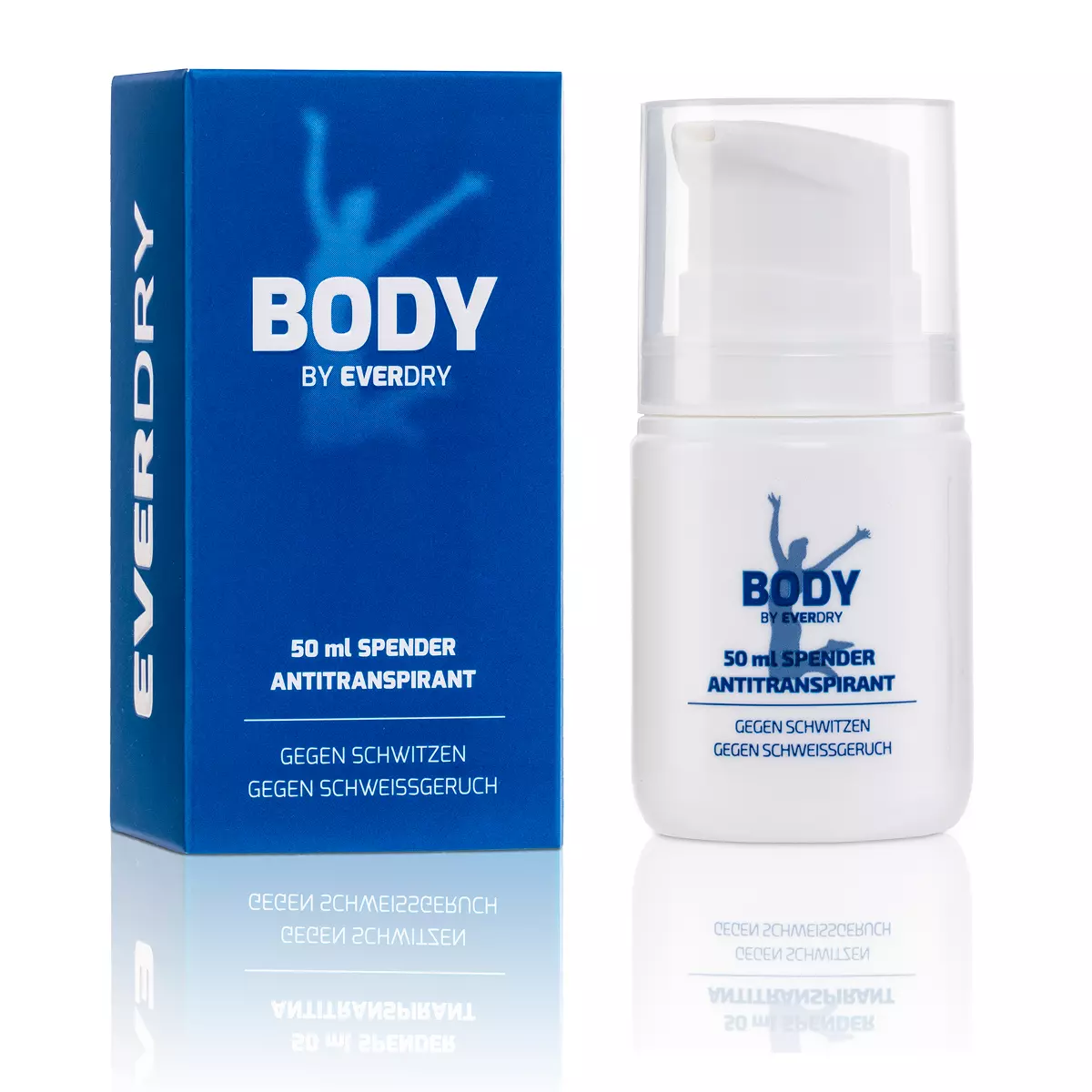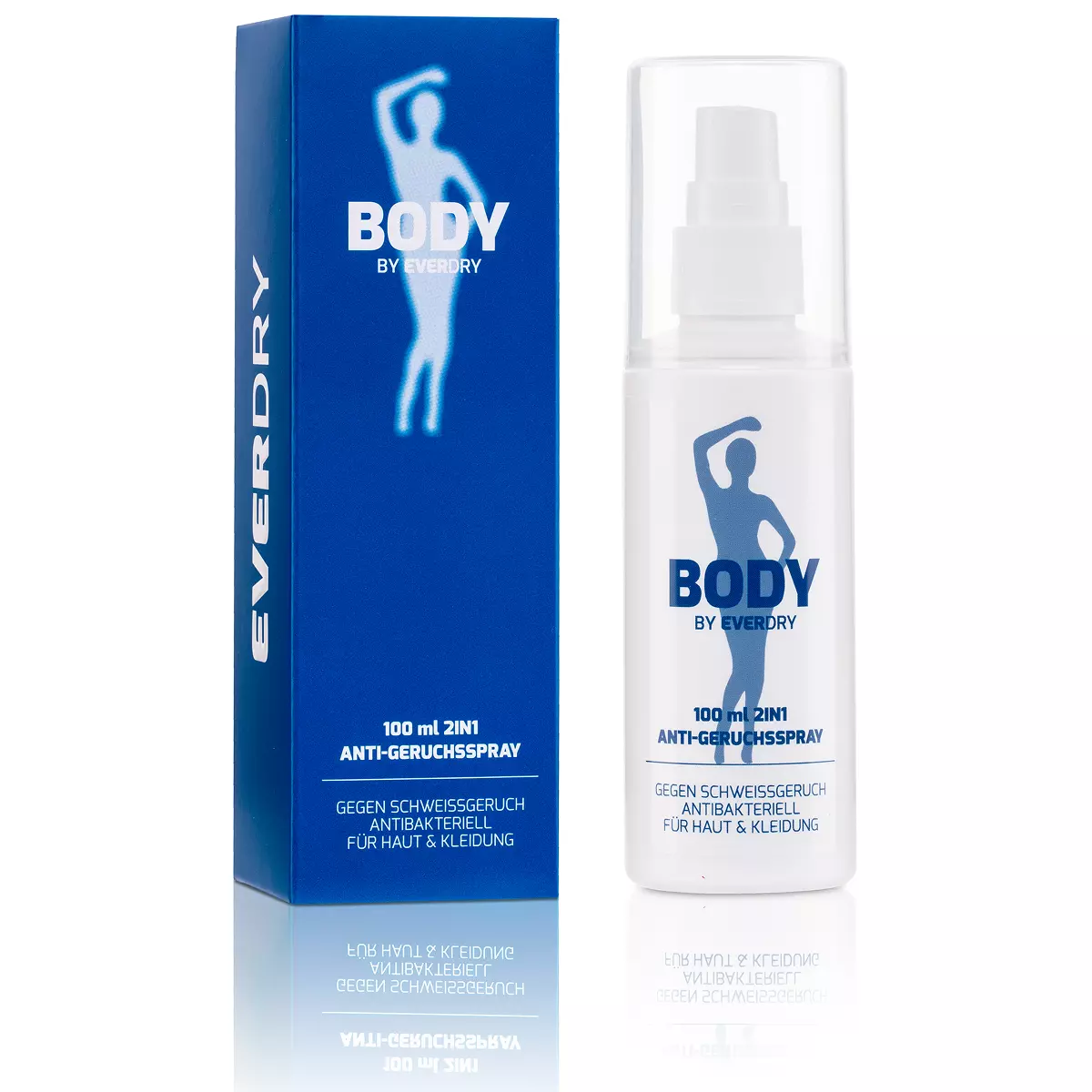- Antiperspirants
- Shirts, Socks, Pads
- Iontophoresis
- Anti-odour
- All Products
-
Guide
- Interesting facts about sweating
- Tips and tricks
-
The most common sweating triggers
- Sweating during exercise
- Carnival time without sweat
- Celebrate your wedding without sweat
- Sweating due to excess weight
- Sweat-free Easter
- Sweating in everyday life
- Sweating at work
- Sweating during menopause
- Sweating at night
- Sweating during pregnancy
- Sweating and odor in old age
- Sweating and stress
- Sweating while driving
- Sweating helps with fasting
- Sweating in spring
- Sweating in winter
- Off on holiday without sweating
- Sweating from head to toe
- PETA Certified
Quick Summary: Key Points at a Glance
Sweating Due to Being Overweight
This text deals with the issue of excessive sweating linked to being overweight. It explains how being overweight is connected to increased perspiration and what options are available to tackle this problem.
Is Being Overweight a Cause of Sweating?
Generally speaking, sweating is a perfectly normal bodily function and really important for your health and keeping you feeling good.
The main job of sweating is to regulate your temperature, stopping you from overheating. When you sweat, your body releases extra heat and cools your skin down. Plus, producing sweat helps to keep your skin moisturised, maintains its natural protective barrier, and even releases pheromones.
Main reasons for increased sweating:
- High Temperatures: When it's moderately warm (up to about 25 degrees Celsius), your body can usually control its temperature just through blood flow in the skin. But if it gets hotter, you need to sweat to cool down properly.
- Physical Activity: When you're active, like doing sports, your muscles work harder, which makes your body temperature rise from the inside. Sweating then kicks in to get rid of that extra heat.
- Hormone-Related Sweat Production: Hormones have a big impact on how much you tend to sweat. Lots of people find they sweat more during puberty, menopause, pregnancy, and while breastfeeding.
- Emotional Sweating: It's not just physical effort that makes you sweat; strong emotions can too. Feeling nervous, stressed, in pain, or angry can lead to sudden and heavy sweating… what some people call a 'sweat attack'!
- Illnesses: Sweating can also be a symptom of various medical conditions. Things like heart problems, infections (like the flu), or hormone imbalances (diabetes, thyroid issues) could be the cause. If you think this might be the case, it's really important to see a doctor.
Do Overweight People Sweat More Than Those Who Are a Healthy Weight?
Actually, people who are overweight often do sweat more. The reason for this is quite straightforward: one of the main triggers for increased sweat production is physical activity. If you're carrying extra weight, even simple things like light exercise or short walks can feel quite strenuous. This makes your body temperature go up more quickly, so you end up producing more sweat, and you might start sweating sooner.
The process of sweating works the same in both overweight and healthy-weight individuals, but the effort involved is greater for those carrying extra weight.
Things You Can Do About Visible Sweat
Sweating can be noticeable: you might get sweat patches on your clothes, and it can lead to an unpleasant body odour. So, washing and showering regularly is essential if you're dealing with visible sweat. On top of that, these things can help:
- Antiperspirant: An antiperspirant tackles the cause of the problem. It narrows your sweat pores, which reduces the activity of your sweat glands. This helps to control both body odour and those visible sweat marks.
- Deodorant: A 'deo' focuses on dealing with the smell of sweat. Depending on the type, it either masks the odour with another scent or neutralises it. However, a deodorant won't actually reduce how much you sweat.
- The Right Clothes: Choosing the right clothing can also make a difference. Loose-fitting clothes made from cotton or special sports underwear are your best bet if you sweat a lot. Light colours can also be helpful. It's best to avoid synthetic fabrics and dark colours.
- Underarm Pads: While underarm pads won't stop you from sweating, they can prevent those obvious sweat patches, especially under your arms. You stick them inside your clothes, and they absorb the sweat. You can either wash them or just throw them away after using them.
- Losing Weight: If you want to avoid sweat attacks related to being overweight, there are various things you can do. But first and foremost, losing weight is key. When you weigh less, you won't get so sweaty during normal activities because your body doesn't have to work as hard.
- Changing Your Diet: Adjusting your diet is a good way to start losing weight naturally. Eating a balanced and healthy diet is important for giving your body the right vitamins and minerals. On the other hand, foods that are high in calories and eating an unbalanced diet can negatively affect your weight. Do you find you sweat easily anyway? Then you should also avoid very spicy foods, as strongly seasoned meals can encourage sweating.
- Sports and Exercise: Getting enough exercise gets your body going. To begin with, even small changes can help you fit some activity into your daily routine. For example, you could take the stairs at the office instead of the lift, or cycle instead of driving. Even long walks can be a good starting point. If you gradually build up to a regular exercise programme, you'll soon see the first results on the scales.
Are You Overweight? The Body Mass Index Can Give You an Idea
The BMI, or Body Mass Index, gives you a rough idea of where your current weight sits. If you're dealing with being overweight, the BMI can help you see if you're considered obese, just slightly overweight, a healthy weight, or even underweight. A BMI chart can show you this. Find your height on the horizontal axis and your weight on the vertical axis. Where they meet is your BMI. You'll find the explanation of what your BMI means on the right-hand side. You can calculate your BMI using this formula:
Weight in kg / (Height in m)² = BMI
| Your Age | BMI Men | BMI Women |
|---|---|---|
| 19 - 24 | 19 - 24 | 18 - 23 |
| 25 - 34 | 20 - 25 | 19 - 24 |
| 35 - 44 | 21 - 26 | 20 - 25 |
| 45 - 54 | 22 - 27 | 21 - 26 |
| 55 - 64 | 23 - 28 | 22 - 27 |
| 64+ | 24 - 29 | 23 - 28 |
First published: 12.05.2011
Updated: 27.05.2025

Content: 0.05 Liter (€398.00 / 1 Liter)

Content: 0.05 Liter (€398.00 / 1 Liter)



